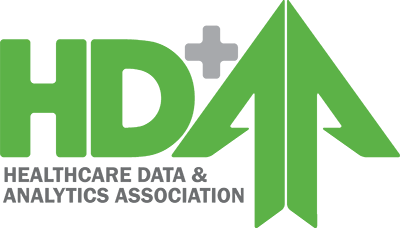Data LiteracyWhat is data literacy?According to Gartner, data literacy “is the ability to read, write and communicate data in context, including an understanding of data sources and constructs, analytical methods and techniques applied, and the ability to describe the use-case application and resulting value.” More informally, data literacy is the ability of people to understand data within context based on the role they play. Much like general literacy concepts, data literacy focuses on building competencies to evaluate, construct and communicate meaning with data. The aim is to interact with and speak the language of data with confidence. Data literacy describes both an individual’s ability, as well as the ability of an organization to communicate meaning with data and leverage data for decision making. Data literacy:
|
| Examples of poor or limited data literacy | Examples of strong data literacy |
| Asking for "all the data". | Describing the problem you're trying to solve and/or the business value to better tailor data requests to the specific need. |
| Not wanting to share data with other teams, departments, groups | Sharing data as appropriate, with proper context and understanding and security in place. Understanding how your data can inform other business decisions. |
| Providing more data than is necessary for the use case, presenting possible violations of minimum necessary and other HIPAA rules | Providing the right data to the right use case with clearly understood parameters |
| Analytics and reports that leverage metrics inconsistently | Understanding what the ‘right data’ is; Giving people access to the right data, at the right time, for the right person |
| Accepting current-state reports, data sources, data types because “that’s the way we’ve always done it.” | Exploring new data sources, types; ensuring that you have all the data that’s needed (avoiding data bias) |
| Not understanding the source of data, definitions or context. Taking data at ‘face value’ for decision making rather than asking critical questions. | Asking questions about data, knowing its source and context, knowing how recent the data is, and confirming the quality of the data being used. |
| Assuming cause and effect when there isn’t one | Knowing the difference between correlation and causality |
Coming Attractions
- Building Engagement
- Data Literacy maturity model
- Executive leadership and buy-in
- Development and education
- Enablement
Additional Resources
Qlik: The Data Literacy Index
The Human Impact of Data Literacy
Be Data Literate: The Data Literacy Skills Everyone Needs to Succeed (Jordon Morrow)
Data Literacy Project: Data Literacy Assessment
Data Literacy Advisory Team
- Valerie Strobel Mayo Clinic - chair
- Allison Bonanno Henry Ford Health System
- Nelda Bradley Analytics Center of Excellence - Duke
- Wil Burgon Analytics Center of Excellence - Duke
- Jazreel Cheung Children's Hospital of Philadelphia
- Brent Dukes Oregon Health & Science University
- Andrew Figueroa Jackson Health System - Miami
- Genna Kreher Children's Hospital of Philadelphia
- Megha Patel Children's Hospital of Philadelphia
- Natasa Tekic Stanford Children's Health
Want to join the conversation?
Post a question on the data governance forum. A separate data literacy forum is under development.
For more information, or to volunteer for the data literacy advisory group, contact Bruce Douglas HDAA Programs
